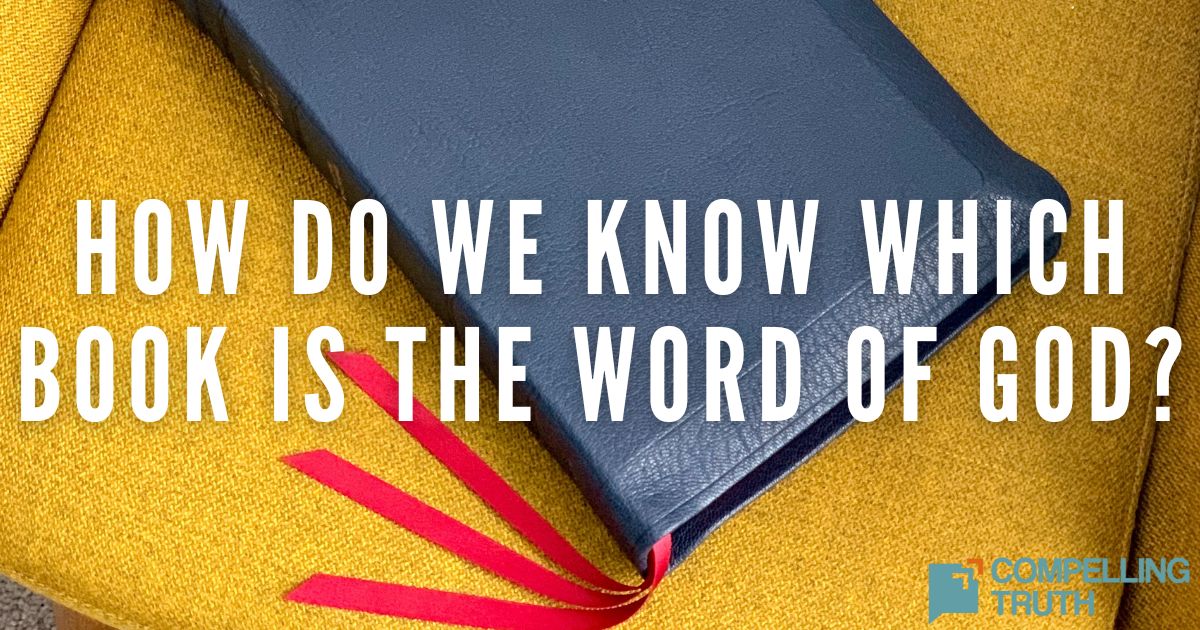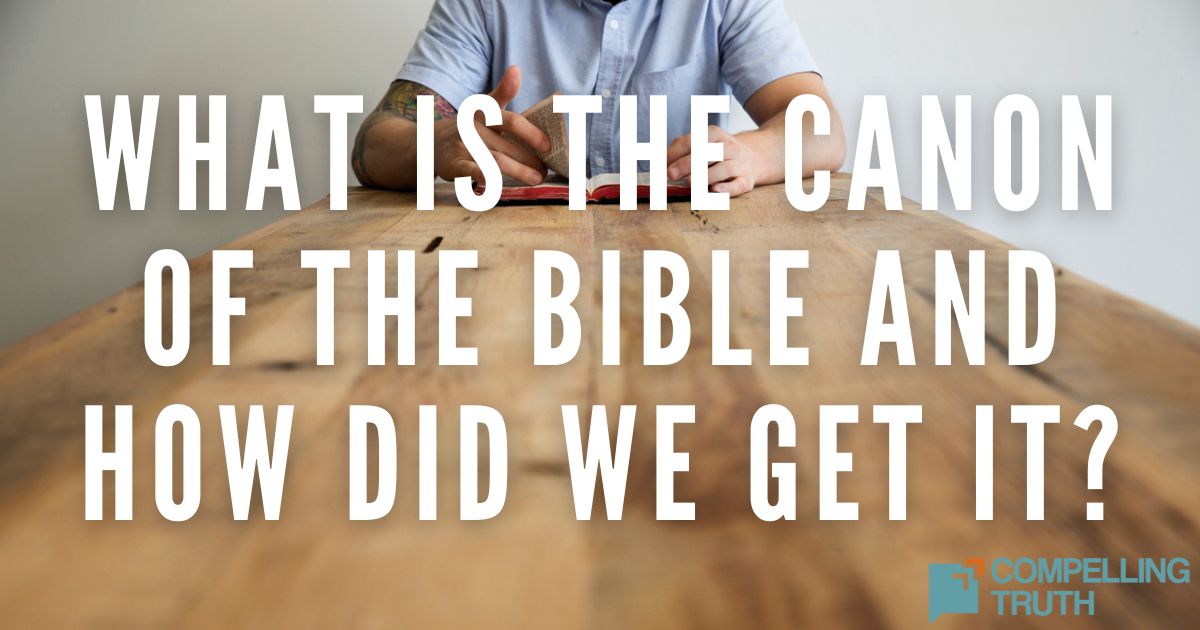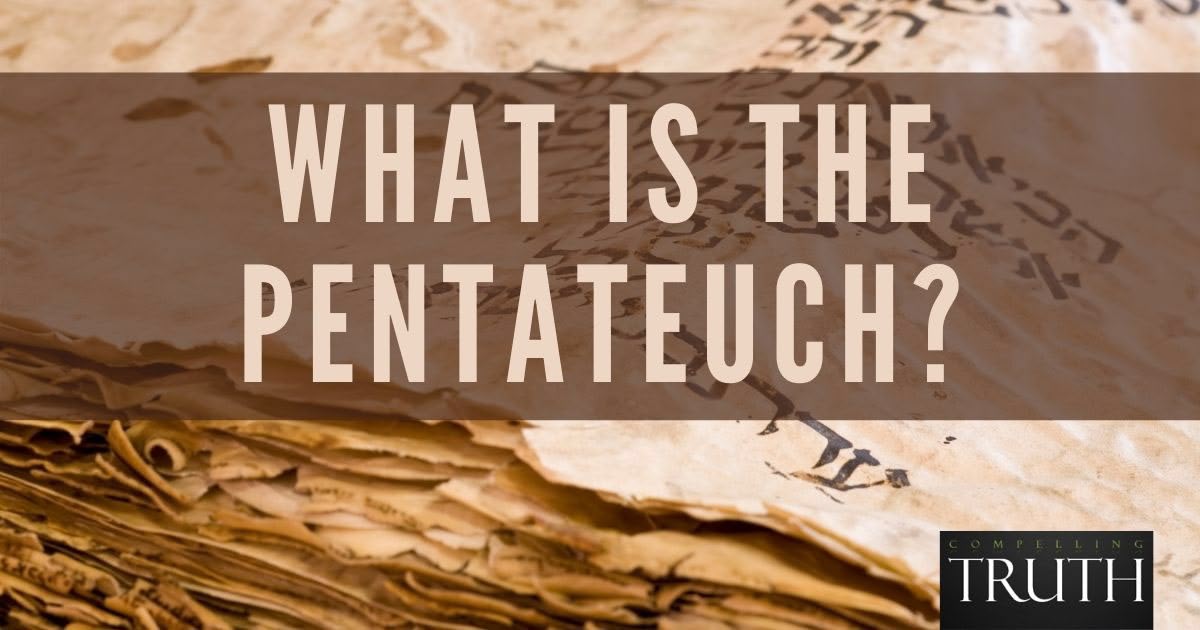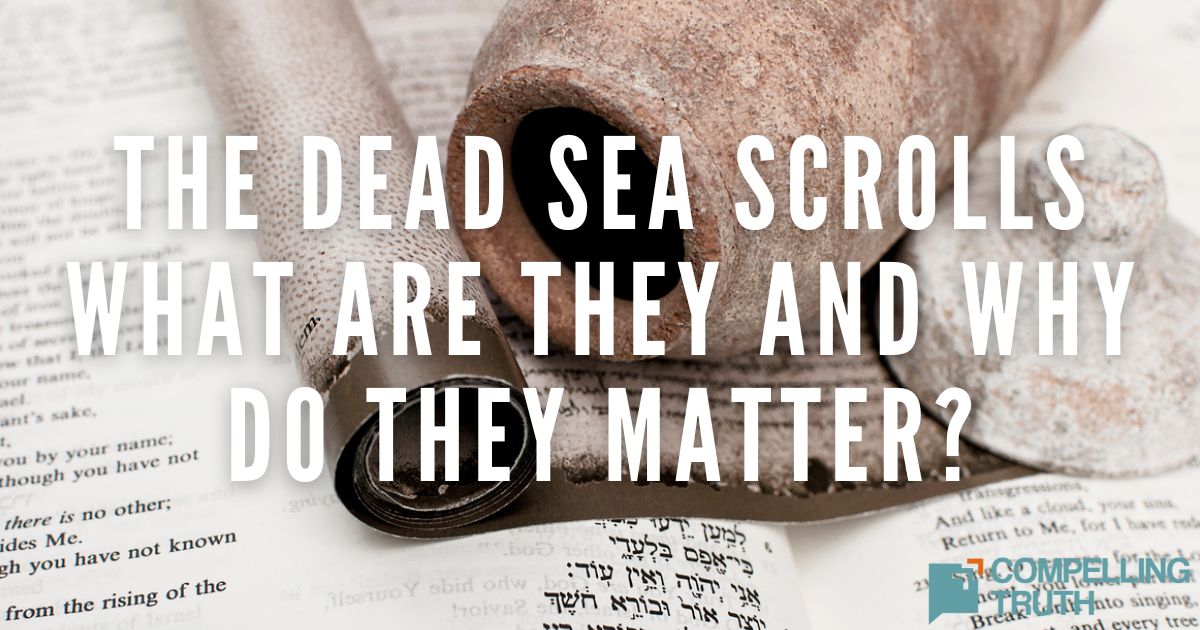The Catholic Apocrypha, or Deuterocanonical books, were written during the four hundred years between Malachi and the coming of Christ—a time when no prophet spoke in Israel (Malachi 4:5–6; Luke 16:16). While these writings, such as Tobit, Judith, and 1–2 Maccabees, provide valuable historical insight into Jewish life under foreign rule, they were never accepted as inspired Scripture by the Jewish people, Jesus, nor the apostles (Luke 24:44). The Old Testament set clear boundaries against adding to God’s Word (Deuteronomy 4:2), and the New Testament affirms only the established Hebrew canon as divinely inspired (2 Timothy 3:16). Although respected in early Jewish and Christian circles, these books were not regarded as equal to Scripture and contain teachings—like prayers for the dead and atonement through almsgiving—not supported elsewhere in the Bible. Officially added to the Catholic canon at the Council of Trent in the 1500s, the Apocrypha holds historical and moral value but remains outside the authoritative, Spirit-inspired Word of God.
The Apocrypha (also called the Deuterocanonical books) are included in Roman Catholic Bibles and are used by some other traditions within Christianity. The word apocrypha means "hidden," while the word deuterocanonical means "second canon." The books found in the Apocrypha were primarily written during the four-hundred-year period between the completion of the Old Testament writings and the beginning of the New Testament's events (they also include claimed additions to the Old Testament books of Esther and Daniel). These books include 1 Esdras, 2 Esdras, Tobit, Judith, Wisdom of Solomon, Ecclesiasticus, Baruch, the Letter of Jeremiah, Prayer of Manasseh, 1 Maccabees, and 2 Maccabees.
Within early Judaism, the writings of the Apocrypha were treated with respect but were not accepted as books of the Hebrew Bible. The early Christian church debated the status of the Apocryphal writings, but few early Christians believed they belonged in the canon of Scripture. The New Testament quotes passages from the Old Testament hundreds of times, but nowhere quotes any of the Apocrypha's books. Further, there are many proven historical errors and contradictions in the Apocrypha.
While many Catholics accepted the Apocrypha earlier, the Roman Catholic Church officially added the Apocrypha to their Bible at the Council of Trent in the mid 1500s A.D., primarily in response to the Protestant Reformation. Part of the reason for this is that the Apocrypha supports some Roman Catholic Church traditions that are not taught in the Bible. For example, the Roman Catholic practices of praying for the dead, petitioning "saints" in heaven with their prayers, and "alms giving" to atone for sins (paying indulgences) all find their support in the Apocrypha, not the Bible.
Some of the Apocrypha include important and helpful information, but due to their historical and theological errors, the books must be viewed as fallible historical and religious documents, not as the inspired, authoritative Word of God.




